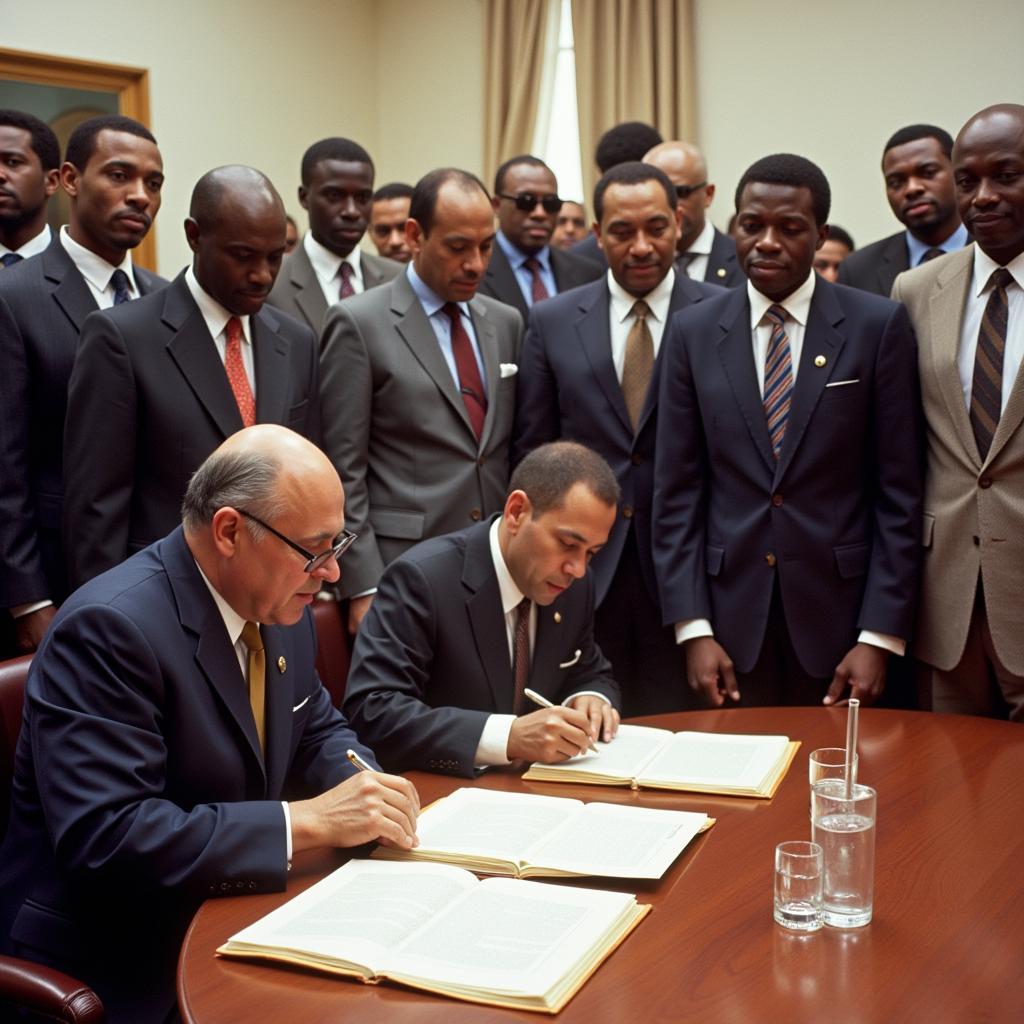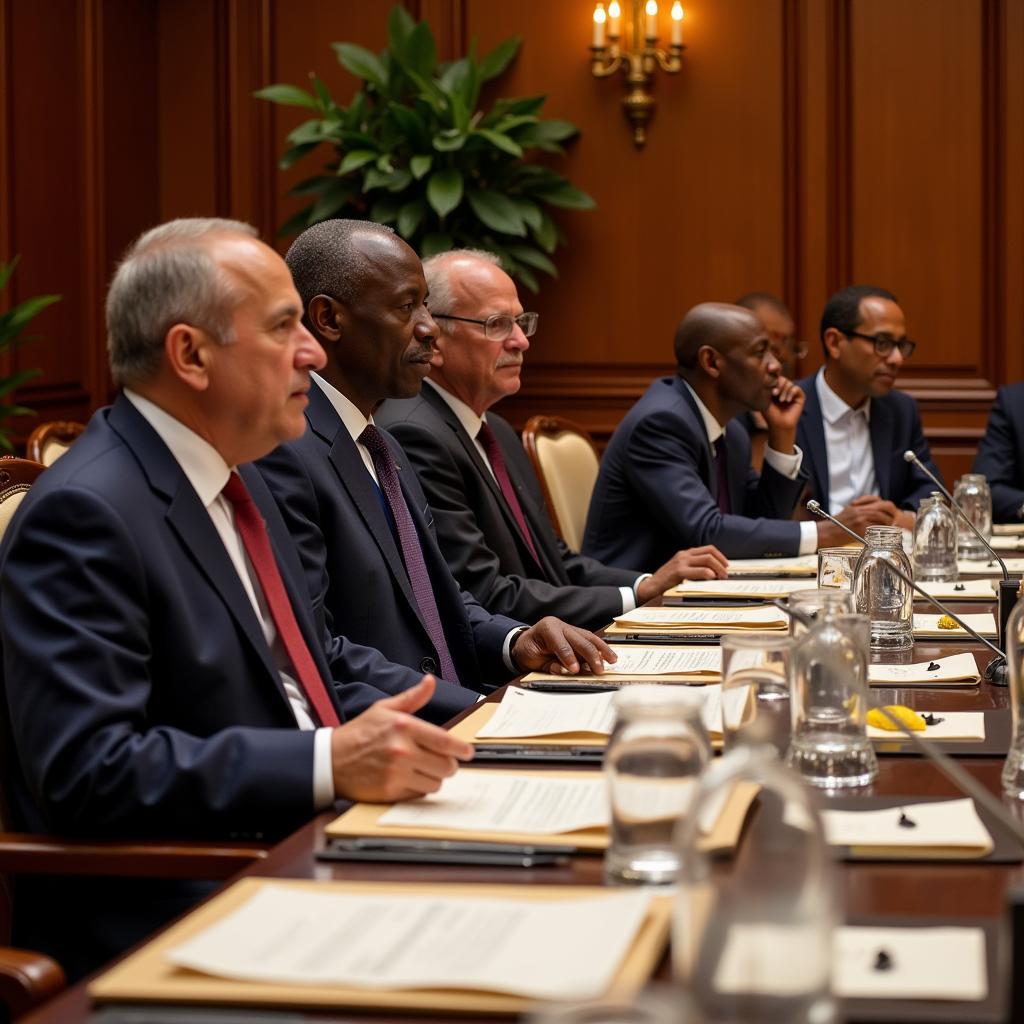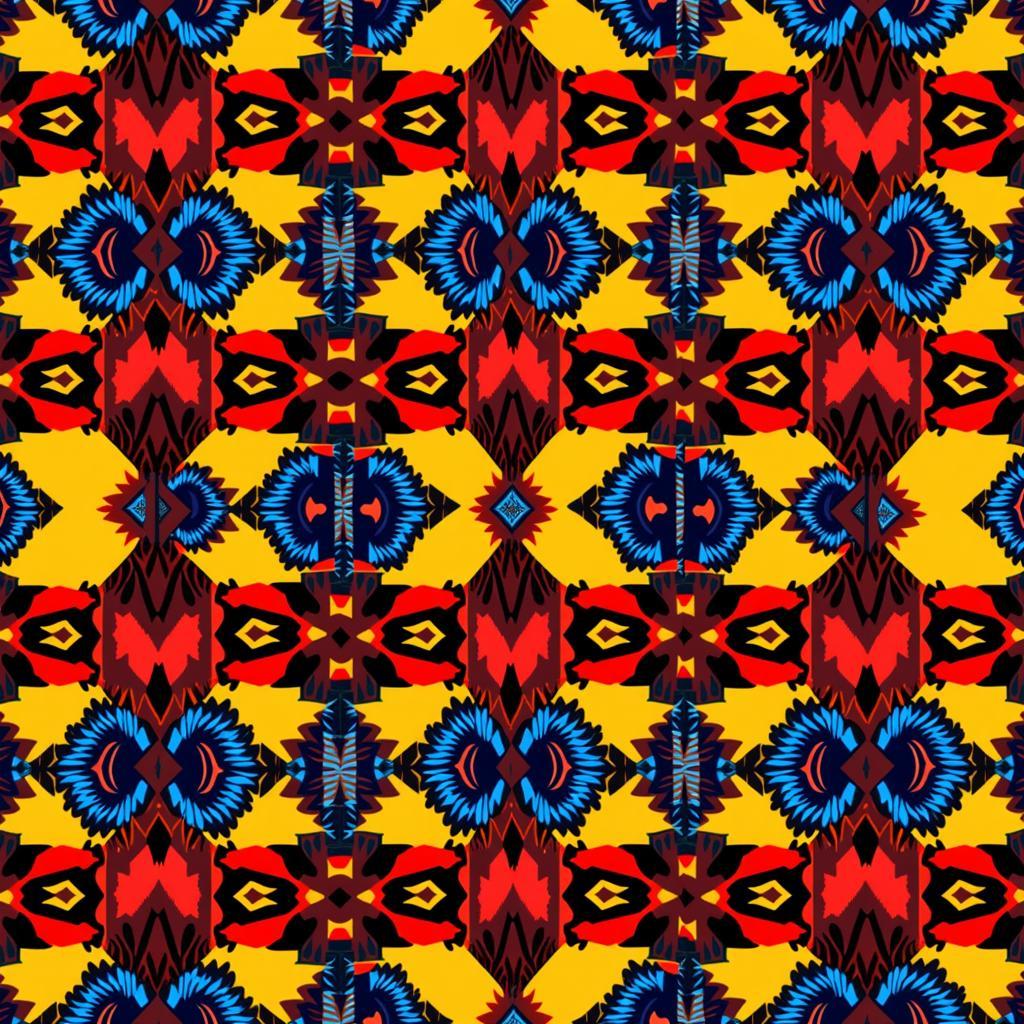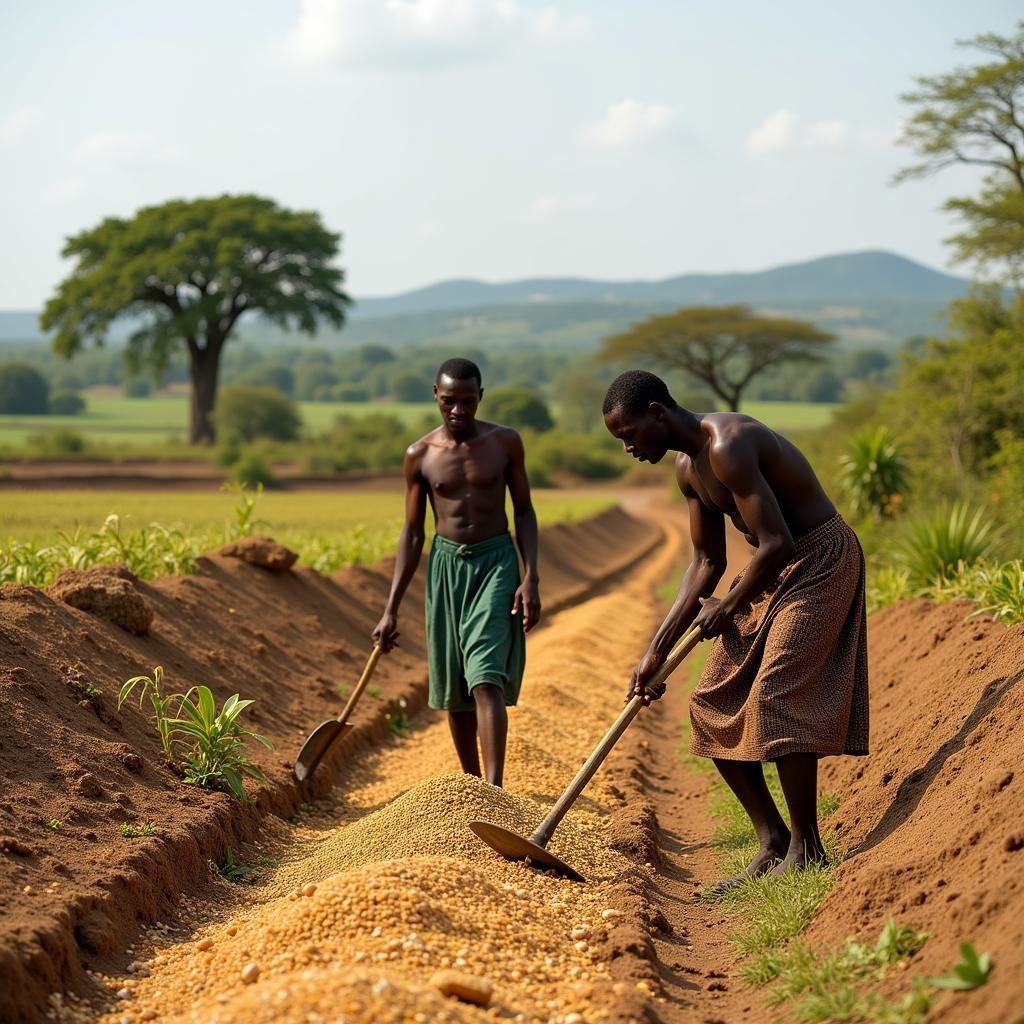The African Convention on Human and Peoples’ Rights: A Cornerstone of Human Rights in Africa
The African Convention on Human and Peoples’ Rights, adopted in 1981, stands as a testament to Africa’s commitment to upholding the dignity and rights of its people. This landmark legal instrument sets out a comprehensive framework for the protection and promotion of human rights and peoples’ rights across the continent. It has significantly shaped the landscape of human rights jurisprudence in Africa and continues to play a crucial role in advancing justice and equality.
The African Charter, as it is commonly known, recognizes a wide array of fundamental rights, including civil and political rights, economic, social and cultural rights, and the rights of peoples. This holistic approach acknowledges the interconnectedness of these rights and emphasizes the importance of collective rights alongside individual rights. One crucial aspect is the emphasis on duties and responsibilities. The Charter recognizes that the enjoyment of rights also comes with responsibilities towards oneself, one’s family, one’s community, and the state. This emphasizes a reciprocal relationship between rights and responsibilities, promoting a culture of respect and mutual accountability.
Understanding the African Charter on Human and People’s Rights
The African Charter is unique in its inclusion of both individual and collective rights. This dual focus recognizes the importance of community and solidarity in African societies. The Charter acknowledges the historical context of colonialism and its impact on African people, and seeks to address the unique challenges faced by the continent. For example, it recognizes the right to self-determination, a crucial principle for post-colonial nations. It also includes provisions on the right to development, recognizing the importance of economic and social progress in achieving human dignity.
The Charter also establishes the African Commission on Human and Peoples’ Rights, a quasi-judicial body responsible for monitoring the implementation of the Charter’s provisions. The Commission plays a vital role in promoting human rights through various mechanisms, including receiving and investigating complaints of human rights violations, conducting promotional activities, and interpreting the provisions of the Charter.
 African Charter Signing Ceremony
African Charter Signing Ceremony
Key Provisions and Principles of the African Convention
The African Convention on Human and Peoples’ Rights enshrines a broad range of rights, encompassing civil and political rights such as the right to life, liberty, and freedom of expression; economic, social and cultural rights such as the right to education, health, and work; and collective rights such as the right to self-determination and the right to development. It’s important to understand the significance of the African Charter on Human and Peoples’ Rights Freedom of Expression.
The Charter also emphasizes the importance of duties and responsibilities, recognizing the interconnectedness of rights and obligations. This principle underscores the idea that the enjoyment of rights is coupled with responsibilities towards oneself, one’s family, one’s community, and the state.
The African Charter’s Impact and Challenges
The African Convention has had a profound impact on the development of human rights law in Africa. It has provided a framework for domestic legislation and jurisprudence, empowering individuals and communities to seek redress for human rights violations. The establishment of the African Commission on Human and Peoples’ Rights has also been instrumental in promoting and protecting human rights across the continent. However, the Charter faces challenges in implementation, including limited resources, political instability, and weak enforcement mechanisms.
african human rights law journal 2016 provides valuable insight into the current state of human rights law in Africa. This journal is a great resource for anyone seeking to deepen their understanding of the challenges and advancements in human rights on the continent.
Conclusion
The African Convention on Human and Peoples’ Rights represents a landmark achievement in the pursuit of human rights in Africa. It provides a comprehensive framework for the protection and promotion of fundamental rights, emphasizing both individual and collective rights. While challenges remain in its implementation, the African Charter continues to serve as a beacon of hope and a crucial instrument for advancing justice, equality, and human dignity across the continent. african charter on human and people's rights 1981 provides a valuable resource for understanding this essential document.
FAQ
- What is the African Charter? The African Charter is a human rights treaty that outlines fundamental rights for people in Africa.
- When was it adopted? It was adopted in 1981.
- What makes it unique? It recognizes both individual and collective rights.
- Who monitors its implementation? The African Commission on Human and Peoples’ Rights.
- What are some of the key rights protected? Rights to life, liberty, freedom of expression, education, health, and self-determination.
- Where can I learn more about children’s rights under the African Charter? The african committee on the rights and welfare of the child is a great resource.
- Are there specific rights for women and children outlined in the African framework? Yes, the african charter on women and children addresses these rights specifically.
Other questions you might have about the African Convention on Human and Peoples’ Rights:
- What are the enforcement mechanisms of the African Charter?
- How does the African Charter address issues of discrimination?
- What is the role of civil society organizations in promoting the African Charter?
For further information on these and other related topics, explore our website for articles such as “The African Charter and the Right to Development” and “The African Commission’s Role in Protecting Human Rights.”
Call to action: When you need assistance please contact Phone Number: +255768904061, Email: kaka.mag@gmail.com Or visit us at: Mbarali DC Mawindi, Kangaga, Tanzania. We have a 24/7 customer service team.


